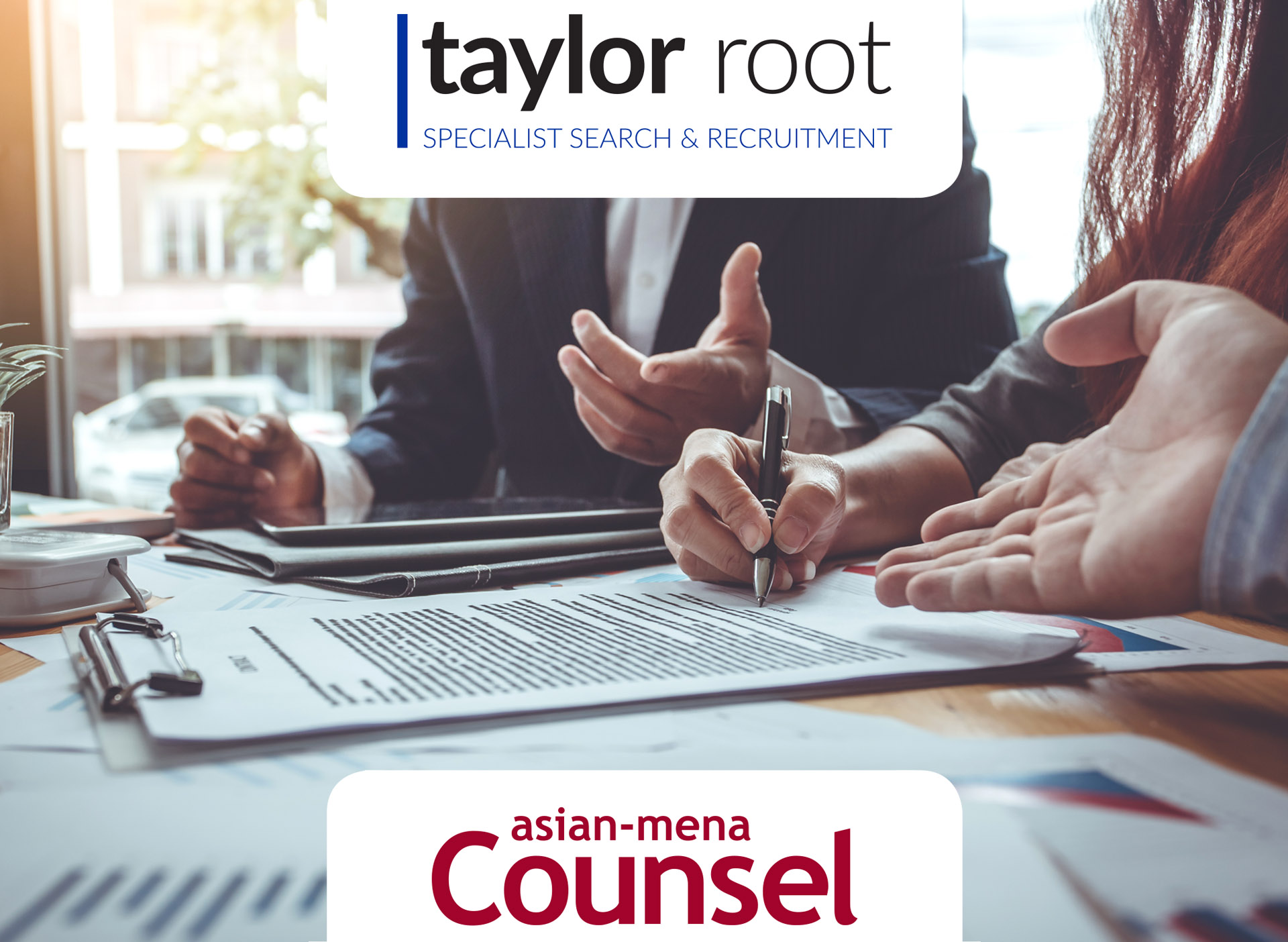By Philip Teoh, AZMI & Associates
Types of risks
China’s belt and road initiative (BRI) involves Chinese companies investing in or with companies in the belt-and-road countries. Many of these investments will be in infrastructure and development projects such as roads, rail and ports. The initial phase of these projects will involve a gamut of activities including preliminary risk assessments, project financing and setting up joint ventures to build the infrastructure assets. Other investments will be made in logistics and manufacturing.
As the partner countries are at different stages of development and have different legal systems, there will be related challenges.
Local parties
In most cases, the partner countries will require the projects to be undertaken by local companies through joint venture enterprises, which would be locally incorporated. It can be challenging to match the companies capable of undertaking the BRI projects. At the beginning, parties will need to be certain of both their partners’ standing and their capabilities.
For complex projects, the joint venture entity may comprise more than two parties. Two of these parties will likely comprise a Chinese party and a party from the BRI partner country, and the third will likely be a foreign party with the necessary technical expertise. Apart from this, there may also be a need to engage foreign consultants and experts to conduct comprehensive studies. These are all areas of potential disputes, particularly if the contractual parties and experts are not properly selected.
Legal systems risk – Contract drafting
The parties’ challenge will be to secure one another’s commitments through secure, comprehensive and—most importantly—enforceable contracts. The structures of the legal systems in countries receiving the investment will need to be considered.
Apart from the terms themselves, which will be dependent on the tightness and clarity of contractual provisions, it will also be important to understand the legal environment of the relevant BRI partner country or the chosen system of law. These contracts need to be based on an agreed, stable and understandable system of laws.
Failure to agree upon the governing law will mean that there could be disputes even before the deciding tribunal embarks on addressing the actual dispute.
Resolving disputes
Once the governing law has been decided, parties will need to decide how they would want to resolve disputes. This decision must be prompted by objective criteria and not parochialism—there is no point in settling disputes in a particular court when a decision of that court cannot be enforced in the country where the losing party may be located.
In international contracts, the primary advantage of international arbitration over court litigation lies in its enforceability. An international arbitration award is enforceable in most countries in the world according to the mechanism set up under the New York Convention. Other advantages of international arbitration include the ability to select a neutral forum to resolve disputes; that arbitration awards are final and not ordinarily subject to appeal; the ability to choose flexible procedures for the arbitration; and confidentiality.
For the most part, the general acceptance of the New York Convention worldwide means that enforcement is not problematic. However, there has been some evidence of problems of enforcement in China. If this is the case, parties in large infrastructure contracts will do well to explore obtaining independent security—for example, by way of performance bonds that are enforceable in neutral jurisdictions. These bonds are often subject to a neutral law different from the governing law in the operational contract.
Another area that parties need to be mindful of is the language of arbitration. It cannot be assumed that English will be the default language even in cases where the contract is laid out in English. The Chinese party may nominate a CIETAC Centre as its chosen arbitration venue. Lawyers advising the BRI partners would do well to be familiar with the available arbitration centres before agreeing to a particular centre. Regional arbitration centres such as the Kuala Lumpur Regional Centre for Arbitration, the Singapore International Arbitration Centre and the Hong Kong International Arbitration Centre would be able to offer parties independent and neutral venues for dispute resolution.
China’s BRI is likely to change the world economic landscape and propel development in many countries; and it will certainly provide opportunities to international contractors, advisers and professionals. In their eagerness to participate in this initiative, however, participating parties should not neglect the need to have proper contracts in place, including having appropriate law and dispute resolution provisions.

M: 6018 980 9093
T: 603 2118 5000 Ext 5017














 Azmi & Associates
Azmi & Associates Dato’ Azmi Mohd Ali
Dato’ Azmi Mohd Ali Norhisham Abd Bahrin
Norhisham Abd Bahrin Syed Zomael Hussain
Syed Zomael Hussain







